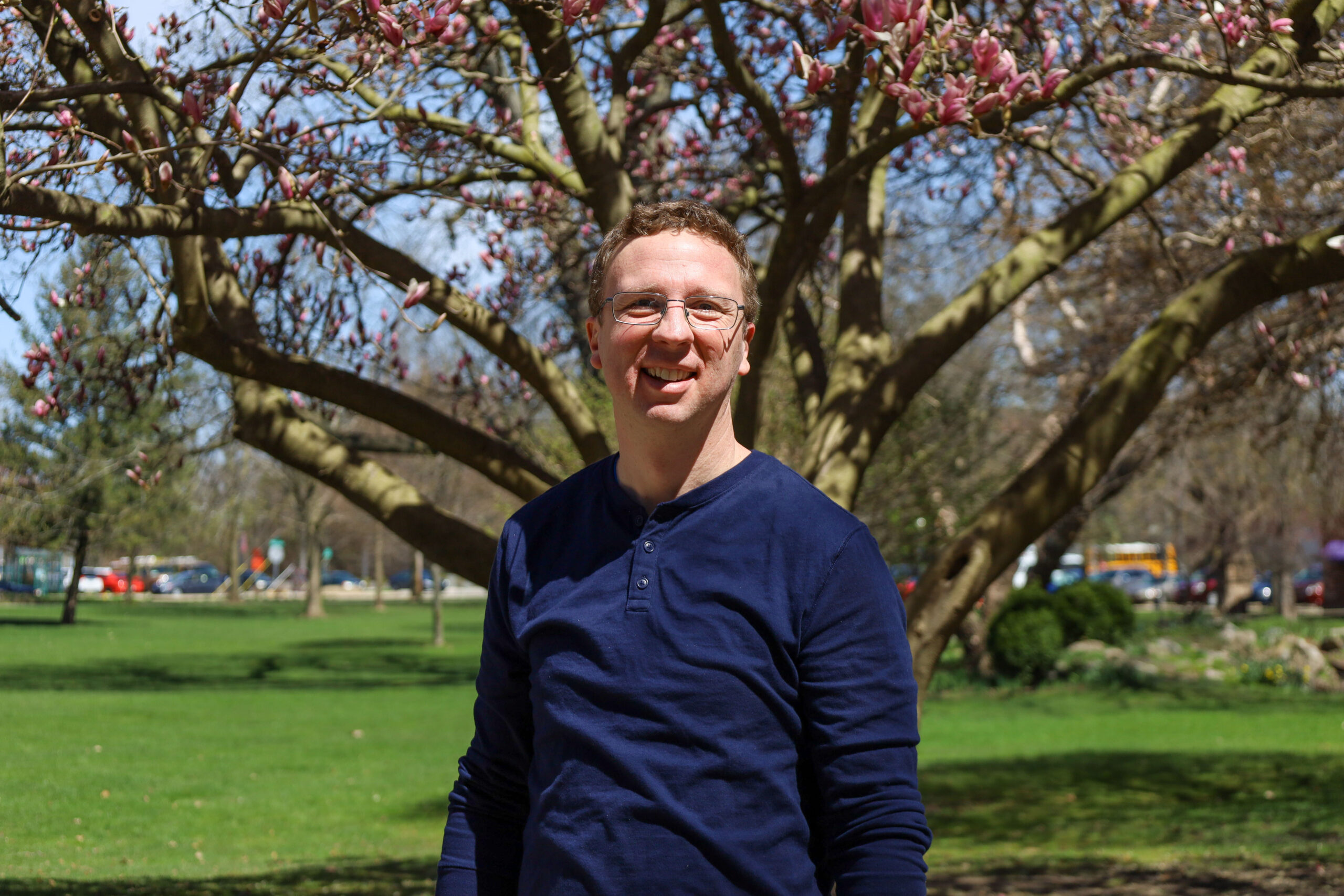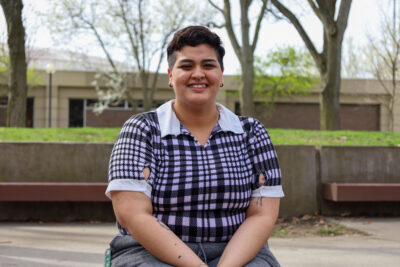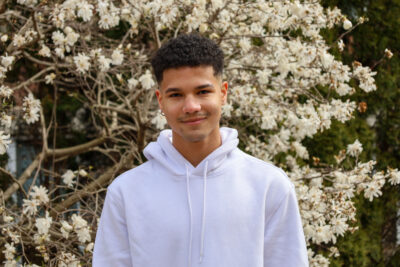I remember the smiling faces, the laughter and the sounds of children playing in the background as I sat on a bench drawing a picture with a 7-year-old Roma girl, in a camp hidden away in the mountains of Bulgaria.
We may not have spoken the same language, but we were communicating, understanding and loving each other through the simple act of sitting across from each other and coloring a page in a children’s coloring book.This was back in 2014, but I know this particular experience and all of my time in Bulgaria dramatically shaped who I am as a person and what I believe today about other countries and cultures and how we understand one another.
Cross cultural experiences should be a crucial part of college education. As a college student, I think it is important that every person has a cross-cultural experience. In 2018, the Harvard Business Review, reported that, “study shows international experiences can enhance creativity, reduce intergroup bias and promote career success.”
Eastern Mennonite University, located in Harrisonburg, Virginia, requires all of their students to do a cross-cultural experience. As a former EMU student, I can personally say this requirement is very beneficial.
In the fall of 2014, I and 20 other students embarked on a journey to Bulgaria that would undoubtedly change our lives forever. We were fully immersed in the lives, culture and language of the people there.
During our time there, we stayed in Plovdiv, one of the largest cities in Bulgaria. In Plovdiv, our group had host families that we lived with for a month. While there, we were also in school everyday learning the language, and when we went home to our host families, we continued to speak only Bulgarian.
“It was difficult to constantly think about what you were saying, trying to figure out the right words you wanted to say in conversation and continually messing up,” Kegan Yoder, a student from the group, said.
“It really made me appreciate how people who come to America feel when they are trying to learn our language, it really was very exhausting.”
This experience was an important part of the journey, because it helped us all really get to know people from Bulgaria.It pushed us out of our comfort zones, which is one of the most important parts of any cross-cultural experience.
One of the most illuminating parts about this trip was the day we spent time with the Roma children at a day camp hidden in the mountains. Romas in Bulgaria are known as the modern-day gypsies. This group of people is unfortunately looked down upon by other Bulgarians.
I had a difficult time wrapping my head around this concept because these children were like any other children, and I couldn’t understand how anyone could hate them.
I cried when I had to leave two of the girls behind because they were crying too, they said, “We have never had a priyatel (friend) like you.”
It was hard to learn that our country wasn’t the only country who treated certain groups of people differently.
I wish we could have stayed in touch afterwards, but there was no way for me to keep in contact with them, which was and is still heartbreaking for me. The experience was life-changing for all of us.
We were able to understand new cultures and learn more about a country that sadly gets overlooked when it should be celebrated.
“Bulgaria is a place like no other, filled with fresh food, friendly faces, beautiful landscapes,” Taylor Farthing, an EMU graduate, said. “ The people of Bulgaria are very welcoming and make every guest feel at home.”
Everyone should venture to Bulgaria because, “it is a strikingly beautiful country, as I look over my four months in this country, I struggle to remember any negative experiences at all,” Karina Guzman, student, said. “My only regret is that I couldn’t stay longer and explore more of this magnificent country.”
Now, not everyone can afford to do mission work, or travel to other countries, or even have the chance to do that if they wanted to. There are so many ways in our own country that we can get cross-cultural experiences. Talk to someone from a different country, go to an international grocery store, take an interest in people who may have different religious or cultural beliefs than you do.
Here on our own campus you could join the International Student Club and show your support at the events held by this club.
Engaging in neighborhood associations, city council meetings and events led by other cultures in your communities are all ways that a person can participate in cross-cultural experiences.
There are so many different and unique ways to get cross-cultural experiences whether it is in your own community or abroad, and I think it is so necessary for every human being.
I know that though I don’t have plans to travel abroad in the near future I have this experience that I can hold with me as I try to continue being a global citizen here in my own community.


